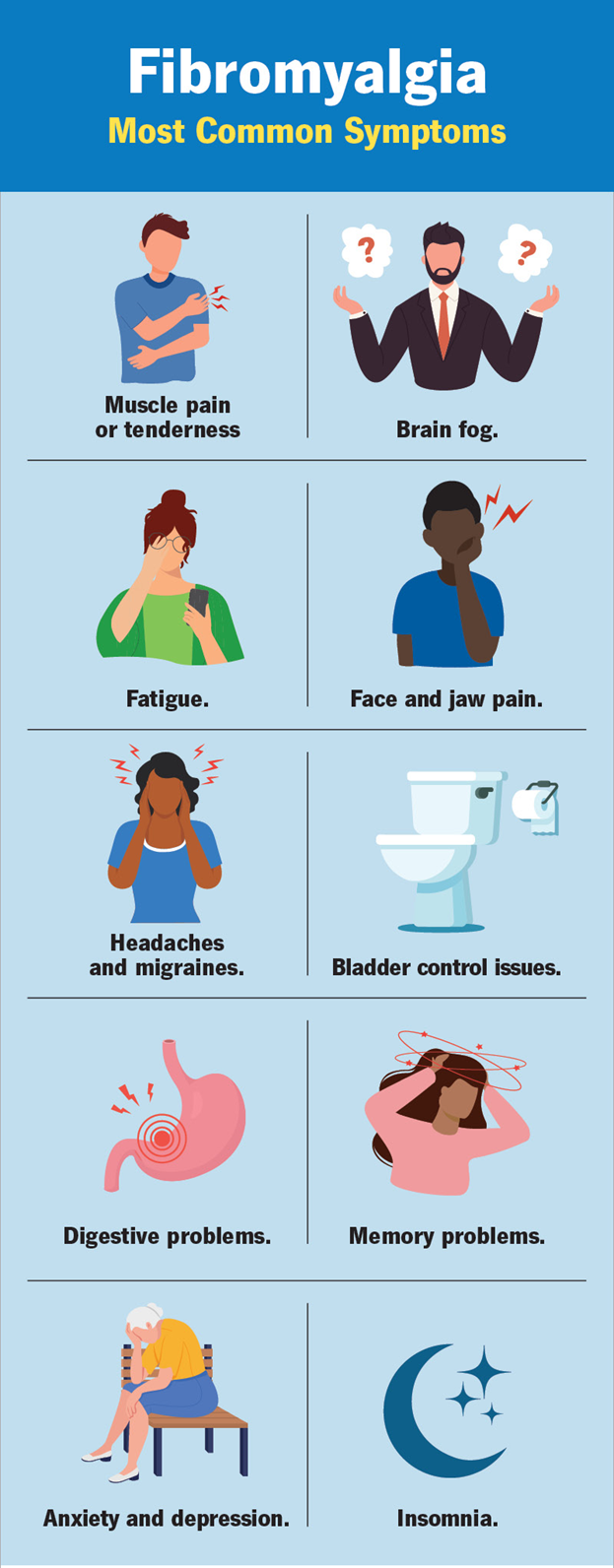An older client with heart failure (HF), coronary artery disease (CAD), and hypertension (HTN) is receiving these daily prescriptions: atenolol, furosemide, and enalapril. Which assessments should the nurse include in evaluating the effectiveness of the medications? (Select all that apply.)
Heart sounds.
Blood pressure.
Bowel sounds.
Daily weight.
Range of motion.
Correct Answer : A
Choice A reason:
Heart sounds: Monitoring heart sounds is crucial for evaluating the effectiveness of medications in a client with heart failure and coronary artery disease. Changes in heart sounds, such as the presence of new murmurs or gallops, can indicate worsening heart failure or other cardiac complications1. Regular assessment helps in early detection and management of potential issues.
Choice B reason:
Blood pressure: Blood pressure monitoring is essential for clients with hypertension and those taking medications like atenolol and enalapril. These medications are used to manage blood pressure and reduce the workload on the heart. Regular monitoring ensures that the medications are effectively controlling blood pressure within the target range, typically less than 130/80 mm Hg.
Choice C reason:
Bowel sounds: While assessing bowel sounds is important for overall health, it is not directly related to evaluating the effectiveness of heart failure, CAD, or hypertension medications. Bowel sounds are more relevant in gastrointestinal assessments and do not provide specific information about the effectiveness of the prescribed cardiac medications.
Choice D reason:
Daily weight: Monitoring daily weight is a key assessment for clients with heart failure. Sudden weight gain can indicate fluid retention, which is a sign of worsening heart failure. Furosemide, a diuretic, helps manage fluid balance, and daily weight monitoring helps evaluate its effectiveness in preventing fluid overload.
Choice E reason:
Range of motion: Assessing range of motion is important for overall mobility and physical health but is not directly related to evaluating the effectiveness of medications for heart failure, CAD, or hypertension. It is more relevant in musculoskeletal assessments and rehabilitation.
Nursing Test Bank
Naxlex Comprehensive Predictor Exams
Related Questions
Correct Answer is A
Explanation
Choice A reason:
Those with allergies to chamomile, ragweed, or yarrow should not take feverfew because feverfew belongs to the Asteraceae/Compositae family, which includes these plants. Individuals allergic to these plants may experience allergic reactions to feverfew, such as skin rashes, swelling, and difficulty breathing. It is crucial to avoid feverfew in these cases to prevent severe allergic reactions.
Choice B reason:
Feverfew may interact with aspirin or nonsteroidal anti-inflammatory drugs (NSAIDs), but this is not the most critical information compared to potential allergic reactions. Feverfew can inhibit platelet aggregation, which may increase the risk of bleeding when taken with NSAIDs or aspirin. However, the primary concern remains the potential for severe allergic reactions in sensitive individuals.
Choice C reason:
Abdominal pain, gas, nausea, vomiting, and diarrhea can occur when taking feverfew, but these side effects are generally mild and manageable. While it is important to inform clients about possible gastrointestinal side effects, the risk of allergic reactions in individuals sensitive to chamomile, ragweed, or yarrow is more critical.
Choice D reason:
Increased anxiety and nervousness have been reported by those taking feverfew, but these side effects are less common and typically not severe. The primary concern should be the potential for allergic reactions, which can be life-threatening.
Correct Answer is C
Explanation
Choice A reason:
Administering a PRN dose of an antianxiety drug might seem like a reasonable action if the tremors are related to anxiety. However, without a clear indication that anxiety is the cause of the tremors, this action could mask the underlying issue and delay appropriate treatment. It is essential to identify the root cause of the tremors before administering any medication.
Choice B reason:
Obtaining orthostatic blood pressure readings is a useful assessment for determining if the client has orthostatic hypotension, which can cause dizziness and fainting. However, this action is not directly related to the complaint of hand tremors. While it is a good practice to monitor vital signs, it does not address the immediate concern of tremors caused by pregabalin.
Choice C reason:
Notifying the healthcare provider is the most appropriate action. Tremors can be a side effect of pregabalin12. The healthcare provider needs to be informed to evaluate the severity of the side effect and decide whether to adjust the medication dosage or switch to an alternative treatment. This ensures that the client receives the most appropriate care and avoids potential complications.

Choice D reason:
Collecting a capillary glucose level is important for clients with diabetes or those at risk of hypoglycemia or hyperglycemia. However, there is no indication in the scenario that the client has diabetes or that blood glucose levels are related to the tremors. Therefore, this action is not directly relevant to the client’s current complaint.
Whether you are a student looking to ace your exams or a practicing nurse seeking to enhance your expertise , our nursing education contents will empower you with the confidence and competence to make a difference in the lives of patients and become a respected leader in the healthcare field.
Visit Naxlex, invest in your future and unlock endless possibilities with our unparalleled nursing education contents today
Report Wrong Answer on the Current Question
Do you disagree with the answer? If yes, what is your expected answer? Explain.
Kindly be descriptive with the issue you are facing.
